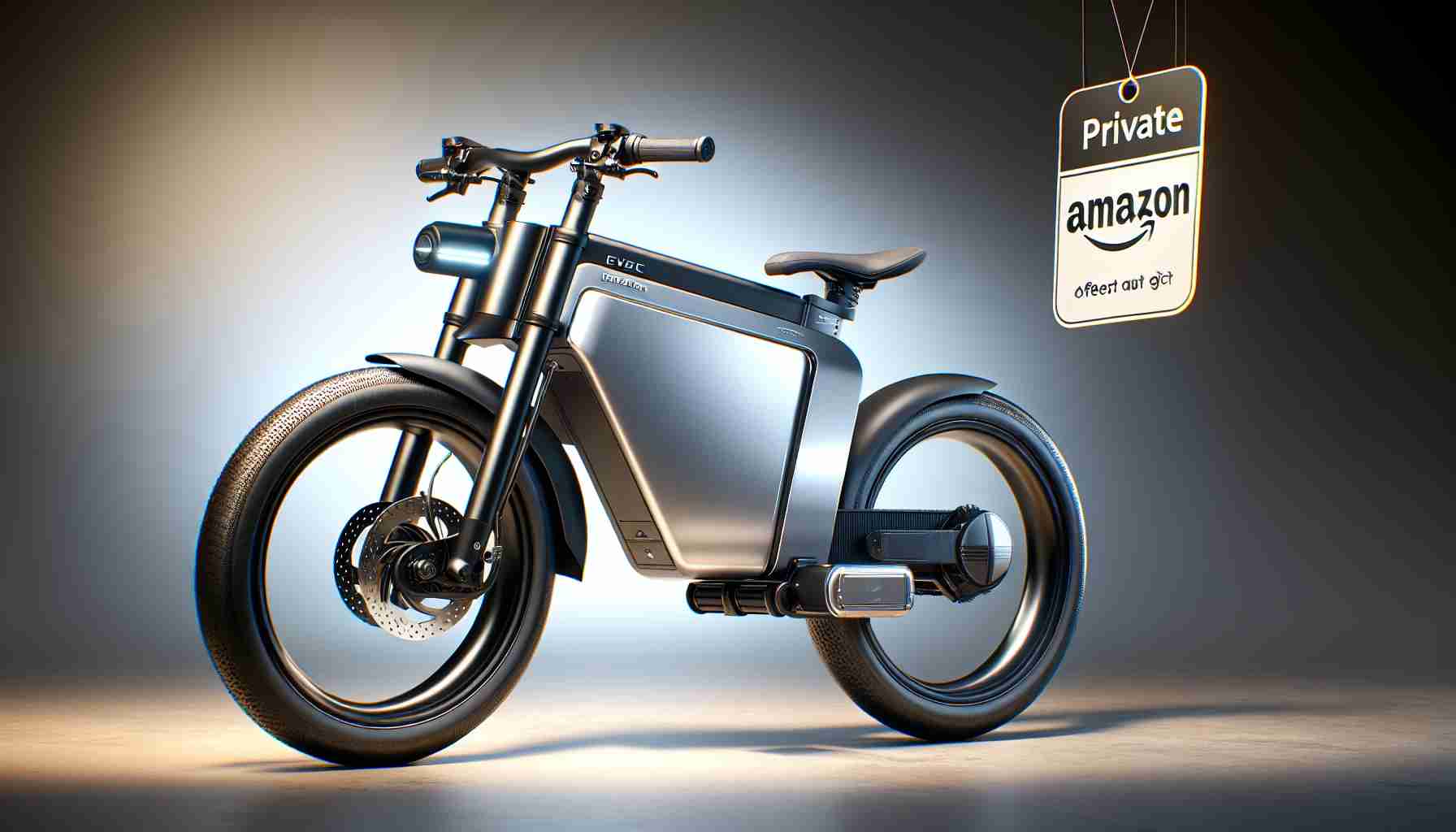In recent years, the development of hydrogen fuel cells has unlocked new horizons in the pursuit of sustainable and efficient energy solutions. Among these technological marvels, the 1kW hydrogen fuel cell stands out as a transformative advancement, particularly in the realm of portable energy systems. Although not front-page news today, its impact remains profound and worthy of renewed attention.
The invention of the 1kW hydrogen fuel cell marks a significant step toward achieving reliable and eco-friendly energy sources. Unlike conventional batteries that rely on finite materials and often result in toxic waste, hydrogen fuel cells generate electricity through a chemical reaction between hydrogen gas and oxygen. This reaction produces only water and heat as byproducts, making it an environmentally benign choice. The 1kW rating signifies its capability to deliver sufficient power for an array of applications, from backup power in remote areas to integration into portable power stations for camping or emergency use.
One of the primary attributes of the 1kW hydrogen fuel cell is its efficiency and longevity. While traditional combustion engines waste a significant portion of energy as heat, hydrogen fuel cells convert a substantial percentage of fuel energy directly into electrical power. This efficiency translates not only to prolonged operational life for portable devices but also to reduced resource consumption and cost savings in the long run. Furthermore, its compact size and light weight enhance its practicality and versatility in various settings.
A key driver in the advancement of this technology is ongoing research and development aimed at overcoming the challenges associated with hydrogen production and storage. Innovations in electrolysis and other production methods are steadily addressing these issues, lowering costs and increasing the accessibility of hydrogen fuel. In addition, improvements in storage solutions, such as high-pressure tanks and novel materials, are enhancing the safety and feasibility of transporting hydrogen fuel cells for portable applications.
The broader significance of the 1kW hydrogen fuel cell lies in its potential to bridge the gap between renewable energy generation and consumer demand. As renewable sources like solar and wind become more prevalent, the ability to harness and store this energy efficiently becomes crucial. Hydrogen fuel cells offer a complementary solution by providing reliable storage options and a continuous power supply regardless of environmental conditions.
Looking ahead, the widespread adoption of 1kW hydrogen fuel cells could revolutionize not only portable energy systems but also larger-scale applications, contributing to reduced carbon emissions and a more sustainable energy infrastructure. As we strive for a cleaner energy future, technologies like the 1kW hydrogen fuel cell will likely play an essential role.
In conclusion, while the 1kW hydrogen fuel cell may not be front and center in current news cycles, its contributions to the field of energy technology continue to be invaluable. As development progresses and obstacles are overcome, it holds the potential to power a multitude of devices and systems reliably, efficiently, and sustainably, mirroring the broader quest for a greener, more energy-secure planet.
Exploring the 1kW Hydrogen Fuel Cell: Key Insights and Useful Tips
Introduction
The 1kW hydrogen fuel cell is garnering interest as an innovative solution in sustainable energy. Recognized for its potential applications in portable energy systems, this technology signifies a step forward in creating eco-friendly, efficient power sources. Let’s delve into some intriguing aspects of the 1kW hydrogen fuel cell, alongside useful tips for potential adopters and enthusiasts.
Interesting Facts about the 1kW Hydrogen Fuel Cell
1. Eco-Friendliness at Its Core: Unlike traditional batteries that can create toxic waste, hydrogen fuel cells emit only water and heat. This makes them a clean alternative, well-suited for environmental stewardship.
2. High Efficiency and Performance: These fuel cells convert a high percentage of fuel energy into electrical power, minimizing energy wastage. Their efficiency can bring extensive operational time for devices, making them ideal for long-term applications.
3. Versatility and Practicality: Compact in design and lightweight, the 1kW hydrogen fuel cell can power various devices, from electronics used in camping to emergency power supplies, showcasing its adaptability to diverse scenarios.
4. Research and Innovation Drive: Continual advancements in hydrogen production methods, like electrolysis, are reducing costs and improving accessibility. This ongoing research aids in overcoming storage and safety challenges, making hydrogen fuel more viable and user-friendly.
Tips for Potential Users
1. Understanding Storage Solutions: Embrace new storage technologies such as high-pressure tanks and absorbent materials, as these can ensure safe and effective transportation and use of hydrogen fuel cells.
2. Monitoring Technological Developments: Keeping abreast of advancements in fuel cell technology will provide insights into performance enhancements and cost reduction opportunities.
3. Exploring Synergy with Renewable Energy: Consider integrating hydrogen fuel cells with solar or wind systems for a stable power setup, benefiting from the hybrid that leverages consistent supply irrespective of weather conditions.
Anticipated Role in Future Energy Systems
The 1kW hydrogen fuel cell could significantly influence energy landscapes by merging renewable generation with consumer demands. As societies transition towards lower carbon emissions and sustainable energy infrastructures, technologies like the hydrogen fuel cell will be crucial. These systems promise a revolution in both small-scale and larger energy applications.
Conclusion
While it may not currently dominate headlines, the 1kW hydrogen fuel cell remains a pivotal component of energy technology progress. It offers a glimpse into the future of reliable, sustainable, and efficient power sources. With continued development and a focus on overcoming existing challenges, this technology holds great promise in powering diverse systems, contributing to a cleaner and more energy-secure world.
For more insights into the potential of hydrogen energy and its role in future energy solutions, consider exploring resources at the U.S. Department of Energy or International Energy Agency.
The article has been updated: 2024-11-07 03:40
Here are some suggested related links for the post title “The 1kW Hydrogen Fuel Cell Revolutionizing Portable Energy”:
1. Hydrogen Fuel News – A reliable source for the latest developments in hydrogen fuel technology and news related to fuel cells.
2. U.S. Department of Energy – The official website of the U.S. Department of Energy, featuring information on energy technologies, including hydrogen and fuel cells.
3. Fuel Cell Today – A comprehensive portal for news and information about fuel cells and hydrogen technologies worldwide.
4. National Renewable Energy Laboratory (NREL) – A leading research facility that provides insights and research findings on hydrogen and renewable energies.
5. Hydrogen Europe – An industry association representing the hydrogen and fuel cell sector in Europe, focusing on technology advancements and policy.
6. Plug Power – A company specializing in alternative energy technology, particularly hydrogen fuel cells for various applications.
7. Ballard Power Systems – A leading provider of innovative fuel cell products that can be used in transportation, portable power, and stationary applications.
8. SunHydrogen – A company focused on developing technologies for sustainable hydrogen production, relevant for portable energy solutions.
9. Hydrogen Direct – A resource for information on hydrogen energy systems and portable hydrogen solutions.
10. Reuters Technology: Energy – A news outlet providing updates and insights on technological advancements in the energy sector, including hydrogen fuel innovations.
The article has been updated: 2024-11-07 18:28
How is the 1kW hydrogen fuel cell changing the landscape of portable energy solutions?
The 1kW hydrogen fuel cell is revolutionizing portable energy by providing a compact, efficient, and eco-friendly power source for a variety of applications. Unlike traditional batteries, which have limitations in terms of charge cycle life and energy density, hydrogen fuel cells can produce electricity on demand, allowing for longer operation times without the need for frequent recharging. This technology is particularly beneficial for outdoor activities, emergency power supplies, and remote operations where access to traditional energy sources is limited. Additionally, hydrogen fuel cells only emit water vapor as a byproduct, making them a clean alternative to fossil fuels. As advancements continue in hydrogen production and fuel cell efficiency, we can expect to see a significant shift towards hydrogen-powered portable energy solutions.







